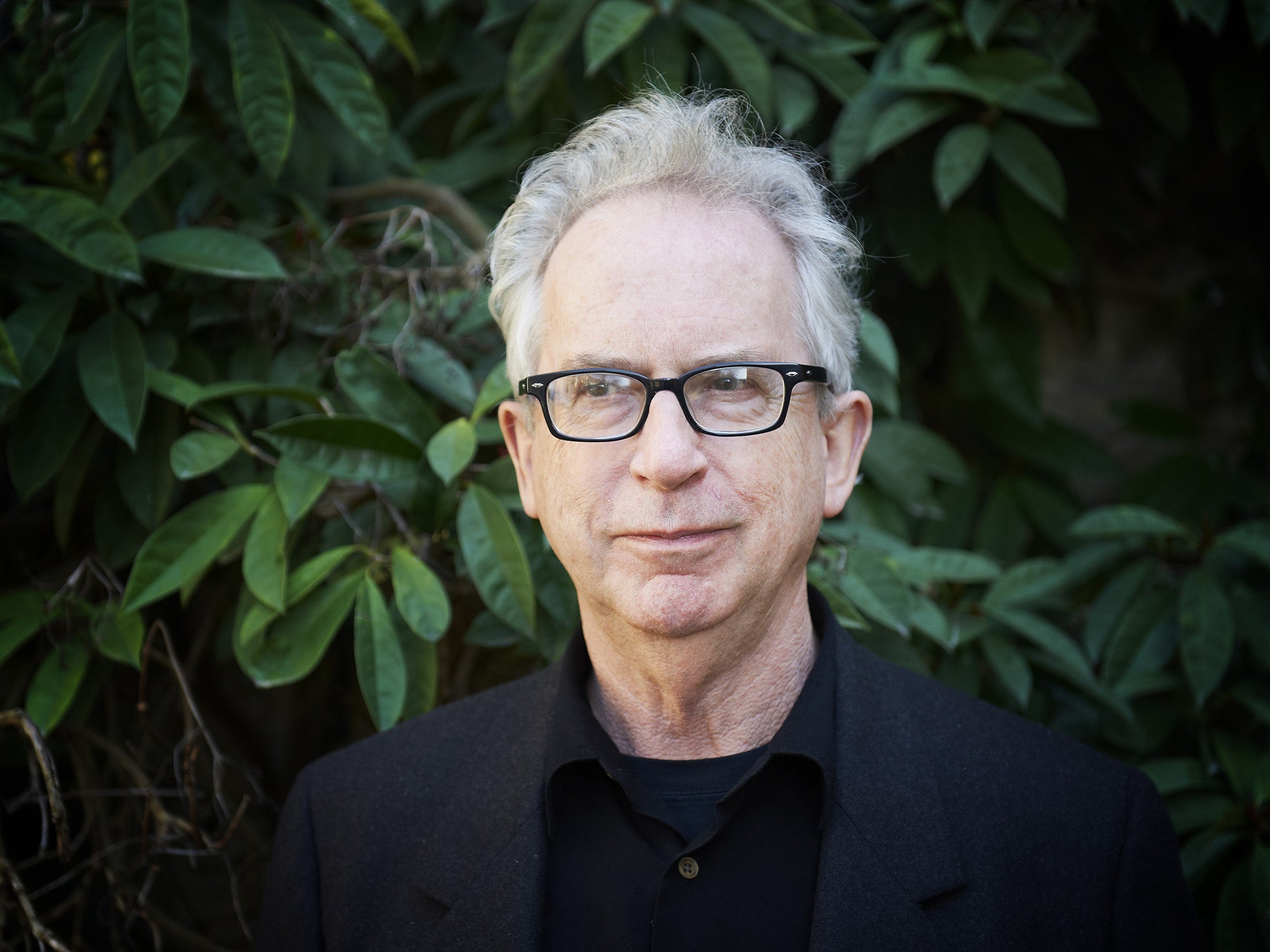Amnesia by Peter Carey, book review: Thriller with a viral twist
The book is exhausting but also, curiously exhilarating; the first Australian comedy-conspiracy-cyber-thriller

Your support helps us to tell the story
From reproductive rights to climate change to Big Tech, The Independent is on the ground when the story is developing. Whether it's investigating the financials of Elon Musk's pro-Trump PAC or producing our latest documentary, 'The A Word', which shines a light on the American women fighting for reproductive rights, we know how important it is to parse out the facts from the messaging.
At such a critical moment in US history, we need reporters on the ground. Your donation allows us to keep sending journalists to speak to both sides of the story.
The Independent is trusted by Americans across the entire political spectrum. And unlike many other quality news outlets, we choose not to lock Americans out of our reporting and analysis with paywalls. We believe quality journalism should be available to everyone, paid for by those who can afford it.
Your support makes all the difference.Peter Carey is such a varied and intriguing novelist that there are times when it seems he can write anything: whether it’s the story of Ned Kelly told in the first person and with little by way of punctuation; or a love story involving a gambling Victorian clergyman determined to transport a glass cathedral to the coast of New South Wales.
Both True History of the Kelly Gang and Oscar and Lucinda won the Man Booker Prize and so it’s somewhat ironic that Carey’s new novel, Amnesia, involves a writer who is a total failure.
Felix Moore, “Australia’s last serving left-wing journalist”, has just been sued for defamation and ordered to pulp his latest book. Drunk, and on the verge of bankruptcy, he decides to pour petrol over every copy and light a bonfire next to his house. After the inevitable domestic conflagration, our hero is banished by his family, smelling “like a cross between a pub and a lawnmower.”
His last remaining friend is Woody Towne, a Melbourne property developer who gives Felix one last chance: exclusive access to the story of Gaby Baillieux, a computer hacker who has caused havoc by releasing a piece of malware into both the Australian and American security systems resulting in thousands of prisoners walking free.
Felix was both an admirer and a comrade of Gaby’s mother, Celine Baillieux, back in the 1970s, a woman with “all those looks that come from great cheekbones, the sort of structured beauty a hundred years of Gauloises could not corrode.” She decides that he is the only man with sufficient integrity, despite his shambling faults, to tell the backstory to her daughter’s actions. They have a shared left-wing history, having both been Bohemians when John Kerr removed the Whitlam government in the alleged CIA coup of 1975, an intrigue brushed over as surely as the equally complex Battle of Brisbane of 1942-3 when Celine was conceived. The recollection of these two events form the political heart of a novel which, despite its lively and often bizarrely comic tone, has serious things to say about Australian-American relations; not least the perils of being a client state that is all too keen to erase acts of rebellion, independent thinking and complaint. According to Felix, “We continued to think of the Americans as our friends and allies... it never occurred to us that they would murder our democracy. So when that happened, in plain sight, we forgot it right away.”
According to her sympathisers, the cyberwar unleashed by Celine’s daughter is a legitimate act of political revenge; payback for the earlier American “malware” in Australian politics. Felix’s task is to write an elaborate and sympathetic defence of her actions in order to prevent her extradition to a country still in possession of the death penalty. His eventual account becomes the second part of a novel which, lacking the bruising charms of the first person narration at its start, sags under the weight of recollection, narrative information and political point-scoring.
This is, however, a minor frustration in a complex story involving Celine’s past and the possibility that Woody Townes might be an American spy. There is also the ticking clock of Gaby’s forthcoming trial on 115 charges of espionage and malicious damage. The race to save her, and the stresses endured, means that Felix spends much of the novel in a state of confused, high-pressured drunkenness, ranting in the best Australian tradition, as if the reader were cooped up with the love child of Robert Hughes and Germaine Greer. It’s exhausting but also, curiously exhilarating; the first Australian comedy-conspiracy-cyber-thriller. It even has a viral twist at the end. As I said, Carey can do anything.
Join our commenting forum
Join thought-provoking conversations, follow other Independent readers and see their replies
Comments